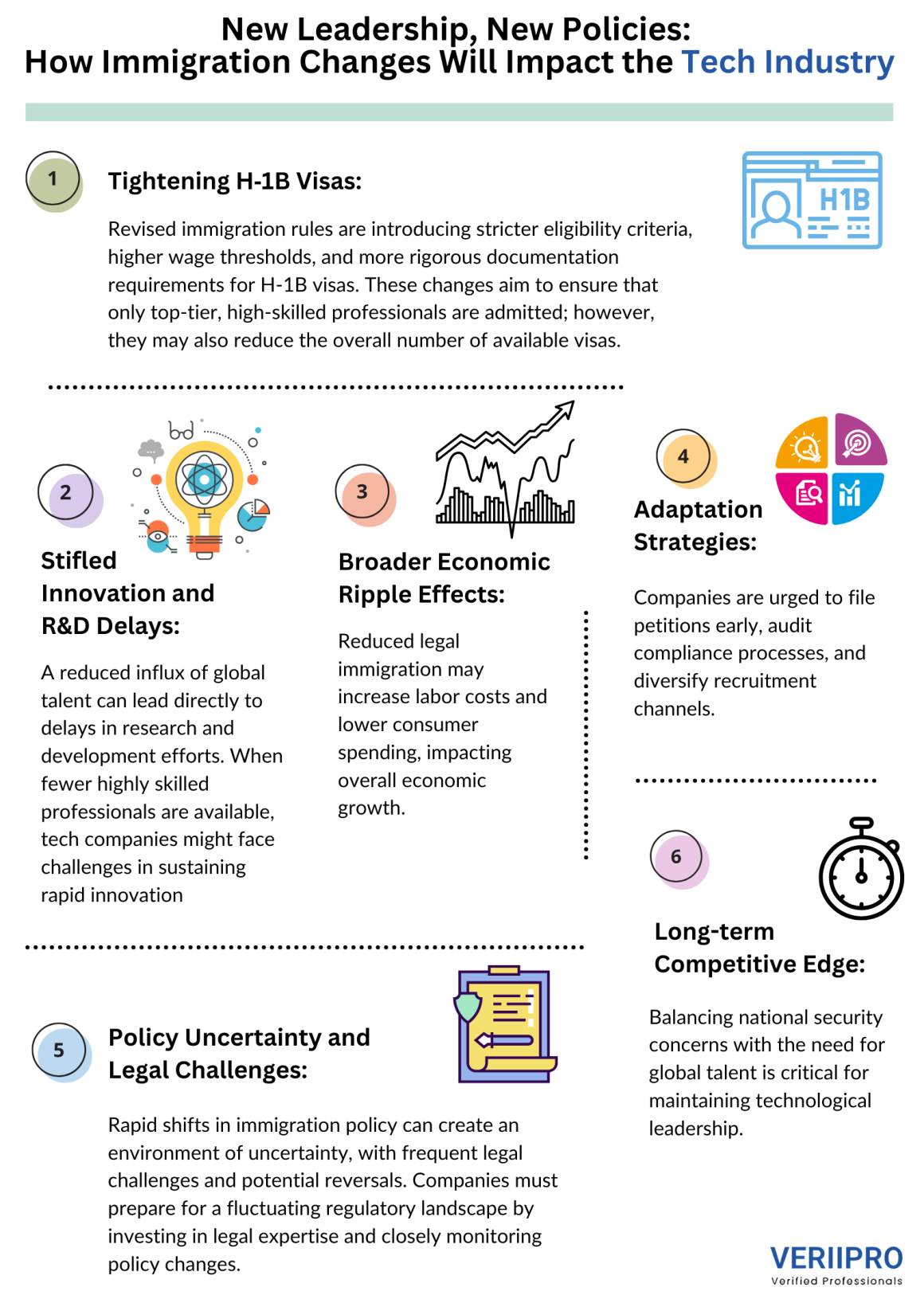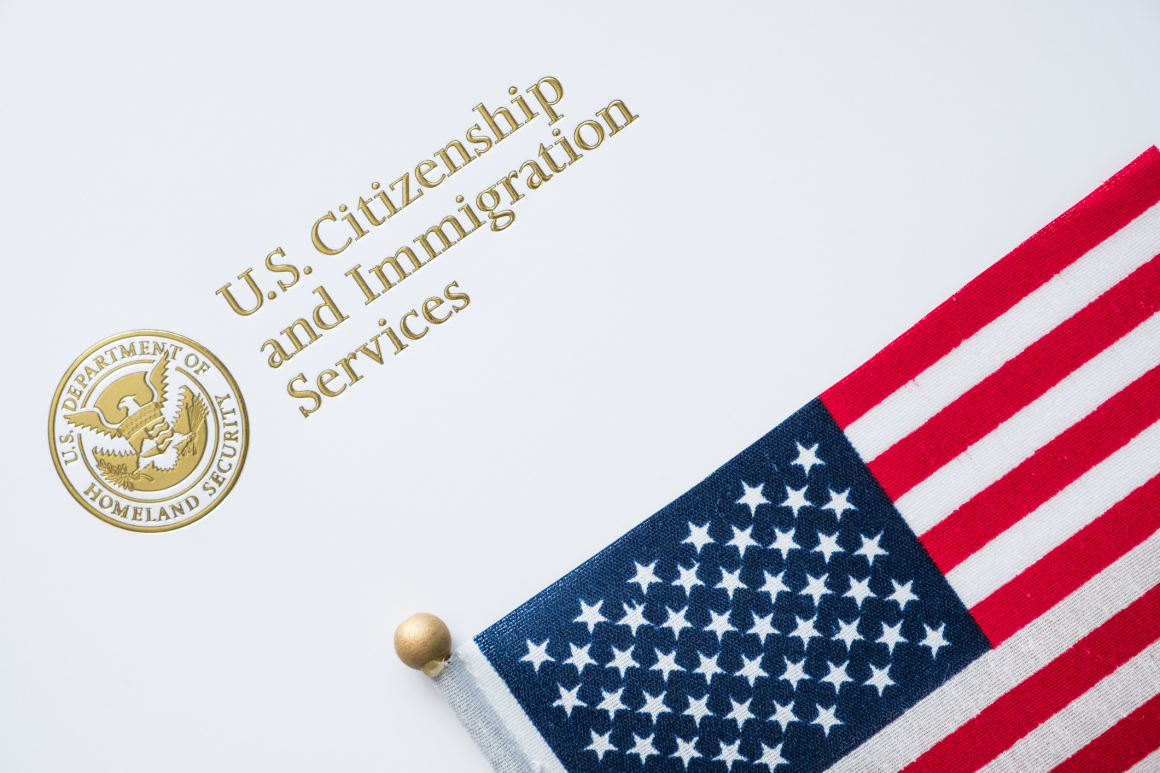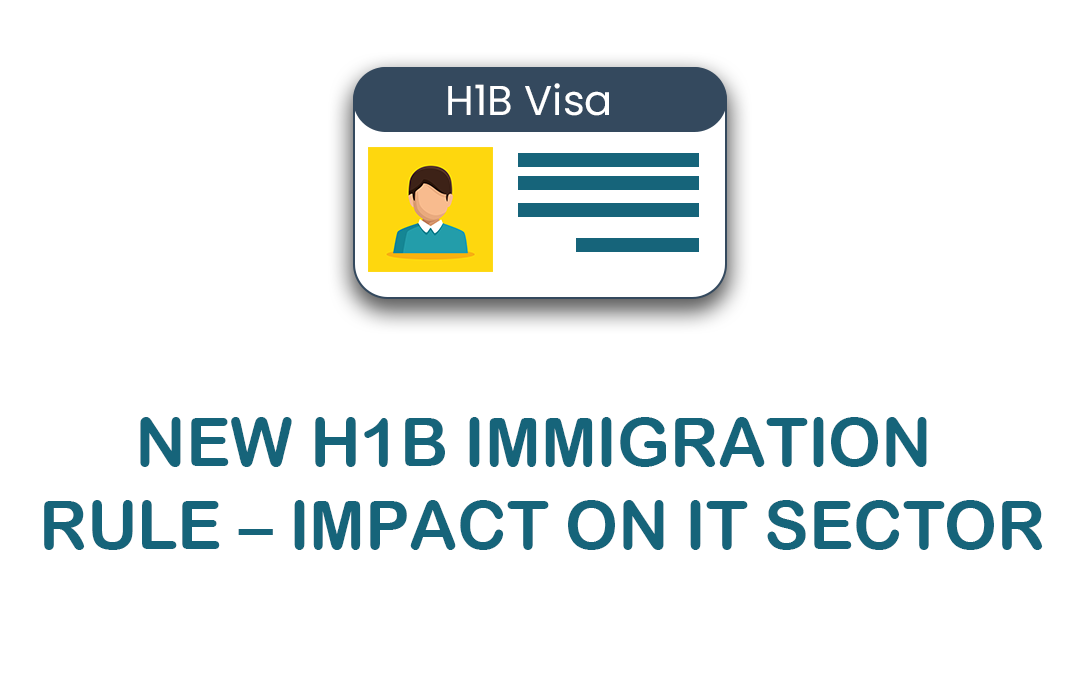New Leadership, New Policies: How Immigration Changes Will Impact the Tech Industry
The technology sector has long thrived on global talent, with companies relying on a diverse pool of skilled workers from around the world. However, recent shifts in U.S. immigration policy—pioneered by President Trump’s administration—signal a new era that could fundamentally reshape the tech industry. With a renewed focus on “America First” strategies, these policy changes may restrict legal pathways like the H‑1B visa, alter Optional Practical Training (OPT) rules, and tighten overall employment-based immigration standards, potentially straining the competitive edge of U.S. tech firms.

A New Policy Landscape
President Trump’s latest executive actions aim to recalibrate the nation’s immigration system, emphasizing stricter vetting, enhanced enforcement, and a push toward a merit-based model. Proponents argue that such measures protect American jobs and bolster national security. Critics, however, warn that limiting legal immigration channels could starve the tech industry of the highly skilled labor it needs to innovate and grow.
One of the most consequential changes under the new policies is the potential tightening of the H‑1B visa program—a critical pathway for many tech companies to recruit specialized talent. The H‑1B visa, which has been the subject of debate for years, might see higher wage thresholds and more rigorous scrutiny of job requirements. These measures are intended to ensure that only the “best and brightest” foreign workers gain entry, but they could also reduce the number of available visas and delay processing times. For further insight into the complexities of the H‑1B system, see the comprehensive analysis on the U.S. Citizenship and Immigration Service website.
Impact on Talent Acquisition and Innovation
Tech giants—from startups to established firms—rely heavily on global talent to fill roles in software engineering, data science, artificial intelligence, and more. Under the new immigration policies, companies may face significant hurdles in recruiting skilled foreign workers. Increased documentation requirements, tighter eligibility criteria, and the potential for expedited removals could create uncertainty and slow down the hiring process. According to Reuters, many policy analysts predict that these changes might lead to a reduced inflow of high-skilled immigrants, directly impacting the sector’s growth.
In an industry where competition is fierce and innovation is key, any disruption in the talent pipeline can have cascading effects. Startups, which often operate with lean teams and limited resources, may be particularly vulnerable. Even well-established firms could see project delays and a slowdown in research and development efforts. The potential “brain drain” could also shift competitive advantages overseas, where countries with more welcoming immigration policies may attract the very talent that once fueled America’s tech boom.
Economic Implications for the Tech Sector
The economic ramifications of these immigration reforms extend beyond the tech companies themselves. A decrease in the supply of skilled workers could drive up labor costs, forcing companies to invest more in automation and process improvements. While automation may offer a partial solution, it also demands substantial upfront investment and can disrupt existing business models.
Moreover, reduced immigration might limit consumer spending in local markets. Immigrants not only contribute their expertise but also bolster the economy as consumers. Research from institutions such as the Brookings Institution has shown that immigrants play a significant role in fueling economic growth through entrepreneurship and increased demand for goods and services. Therefore, a contraction in legal immigration could have broader negative impacts on economic vitality, potentially slowing down the overall pace of technological advancement.
Navigating a Changing Regulatory Environment
For tech companies, adapting to this shifting regulatory environment will require proactive measures. Legal teams and human resource departments must stay abreast of policy updates and prepare for potential litigation challenges that could arise from stricter enforcement. Companies may need to explore alternative visa options or adjust their recruitment strategies to align with the new merit-based focus.
Best practices include:
- Early Filing of Petitions: Companies should file visa petitions as early as possible to mitigate the risk of delays or increased scrutiny.
- Enhanced Compliance Measures: Regular audits and thorough documentation can help ensure that all applications meet the updated regulatory requirements.
- Strategic Workforce Planning: Firms might consider diversifying their recruitment channels to include partnerships with universities and training programs that emphasize domestic talent development.
The Business Insider recently noted that some tech leaders are already rethinking their talent acquisition strategies in light of these changes, signaling a period of significant adjustment across the industry.
Looking Ahead
While these policy shifts may present challenges, they also offer an opportunity for the U.S. tech sector to reexamine its long-term strategies. Companies that can innovate and adapt their business models may find new ways to maintain competitiveness, even in a more restrictive immigration climate. It is imperative for industry leaders to engage with policymakers and advocate for balanced reforms that protect national interests while continuing to nurture the innovation ecosystem.
As debates over the future of immigration continue, one thing remains clear: the tech industry will be one of the sectors most affected by these changes. Whether through the potential loss of skilled labor or increased operational costs, the ripple effects of a more stringent immigration policy could be felt for years to come.
Final Thoughts
The new leadership’s immigration policies promise significant changes that will affect the U.S. tech industry in profound ways. Companies must adapt by revising their recruitment strategies, strengthening compliance measures, and preparing for potential legal challenges. As the industry continues to evolve in response to these policies, proactive planning and strategic engagement will be key to maintaining America’s competitive edge on the global stage.
Looking for opportunities in tech innovation? VeriiPro is here to help!


